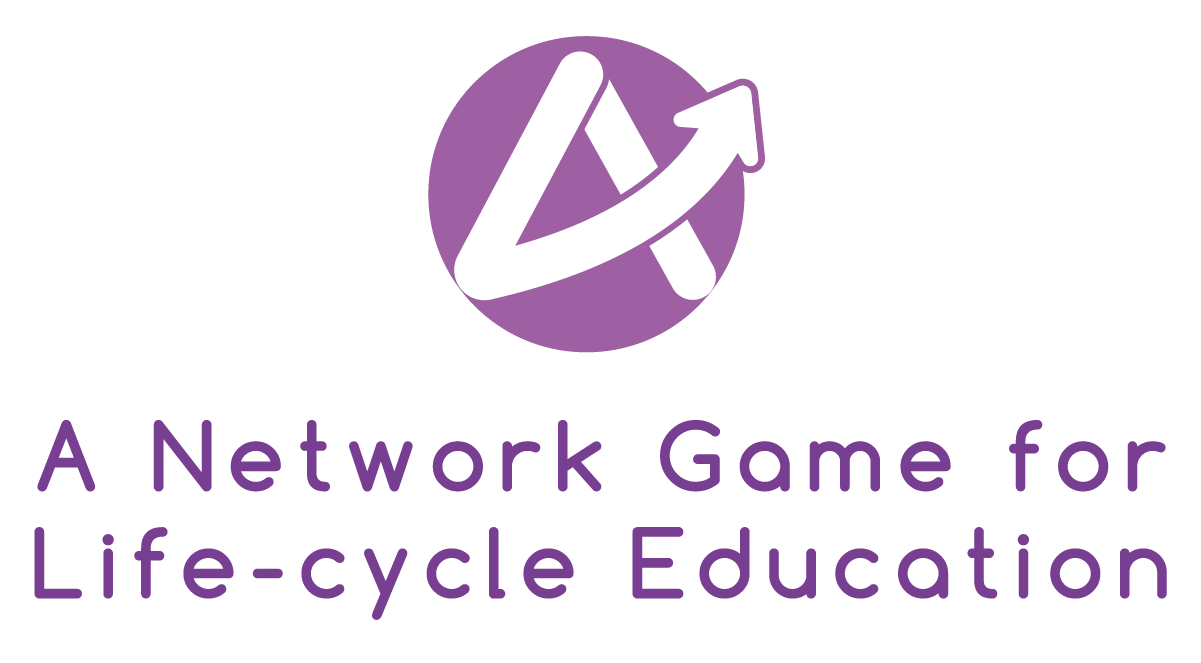A Network Game for Life-cycle Education
ABOUT THE PROJECT
The project is funded by the European Union through the Erasmus + program (call 2020). The project started in September 2020 and will last three years.
Coordinator: CeRP-Collegio Carlo Alberto | Principal Investigator: Elsa Fornero (University of Turin and CeRP-Collegio Carlo Alberto)
Partners: ETLA Economic Research; National Institute for Family Finance Information (Nibud); Palermo Urban Solutions Hub (PUSH); SGH-Warsaw School of Economics; ST Skills Together Srls; Tilburg University; Université Paris Dauphine.
Background
Economic and Financial Literacy (FL) is basic knowledge possibly to be acquired early in life to make individual financial decisions better informed and more effective. FL encourages prudence in money management, saving and investment, or borrowing and debt management, thus preventing (possibly irreversible) mistakes. It also provides the basic principles for crucial passages in the life cycle, such as the transition from education to work, a more effective individual participation in increasingly dynamic and technologically dominated labor markets as well as re-training/learning processes. Finally, FL is also fundamental for citizenship building.
Erasmus projects have already addressed FL issues. However, also given the relative novelty of the topic, important gaps remain to be filled particularly in relation to younger generations and educational technologies. According to the latest OECD PISA and PIAAC reports there are still too many young people around the world who lack an adequate level of proficiency in financial topics, with likely negative consequences for their future.
The main objective of the project is to promote and enhance younger generations’ Economic and Financial Literacy (FL) by building on existing initiatives, filling relevant gaps (especially in terms of breadth of approach and target groups involved) and developing a new model. The project aims at conveying in an innovative way different learning tools that are essential to take key decisions in the course of life. In contrast to almost all previous projects, the focus is on important real-life economic and financial decisions with long-term implications for different stages of the life course.
ANGLE will adopt a life-cycle perspective as we believe this perspective is essential to help the young to consider a long time horizon and to think about the future consequences of their decisions. Moreover, the project focuses on ways in which knowledge can be acquired by using innovative technologies of education, such as games and on-line tools that allow learning through active involvement and participation. Our (inevitably stylized) life-cycle model includes four crucial decision points: to continue the education career or to work; to save and how to invest (conversely, to take up a debt); to buy or to rent a house; to continue work or to retire.
Target groups
ANGLE main target group is represented by university students in the first years of higher education, differentiated by gender and socio-economic characteristics. The project will put a strong emphasis in co-creating and co-constructing the project outputs jointly with the students in order to use an approach consistent with their language and to best include needs, aspirations and viewpoints of the youths. For this reason we believe that, at the end of the project, the ANGLE outputs could also be of interest for high school students, young unemployed and NEETs thus broadening the initial audience.
Project output
The objectives of ANGLE will be pursued by the creation of three outputs:
Output 1. A set of booklets available both on-line and on print about life-cycle key aspects and insights drawn from the involvement of students (final users) in the co-design sessions of the game.
Output 2. A table game designed to allow players to face situations that replicate real life-cycle experiences. Players will a have different endowment (coins), reflecting the diverse paths and the variety of possible family backgrounds, and will be able to earn points by taking wiser choices in a life- cycle perspective, answering to quizzes and giving correct advices to other players (the game is cooperative and collaborative).
The basic methodology followed throughout the game will be co-design, involving the end users in the whole process of design, testing, use and improvement of the system.
Output 3. A set of learning materials, in an on-line video format, on “saving and indebtedness”, providing the youth with the knowledge and competencies needed to better manage this crucial topic in a life-cycle perspective. They will have the form of videos, cartoons, teacher-student interactions recorded during the game co-creation sessions, filmed lectures accompanied by slides, etc.
Participants in the game and users of the learning on-line tools will acquire skills to be brought to the employment market both indirectly with an improved proficiency in managing life-cycle investments (i.e. human, financial and housing wealth) and in a straightforward way by easing the transition from education to work, given the importance that financial education has for almost all jobs.
We expect to fill an important gap in financial education tools for younger generations, i.e. a cooperative teaching tool for life-cycle financial education that could be broadly used, with incentives for participants to cooperate in a positive-sum game. This approach (which will have a specific focus on gender differences) is aimed at promoting financial and social inclusion: it aims at reaching also young who have fewer opportunities, disadvantaged backgrounds and are usually excluded by similar activities.
For more information, please e-mail: Silvia Maero <silvia.maero@carloalberto.org>


